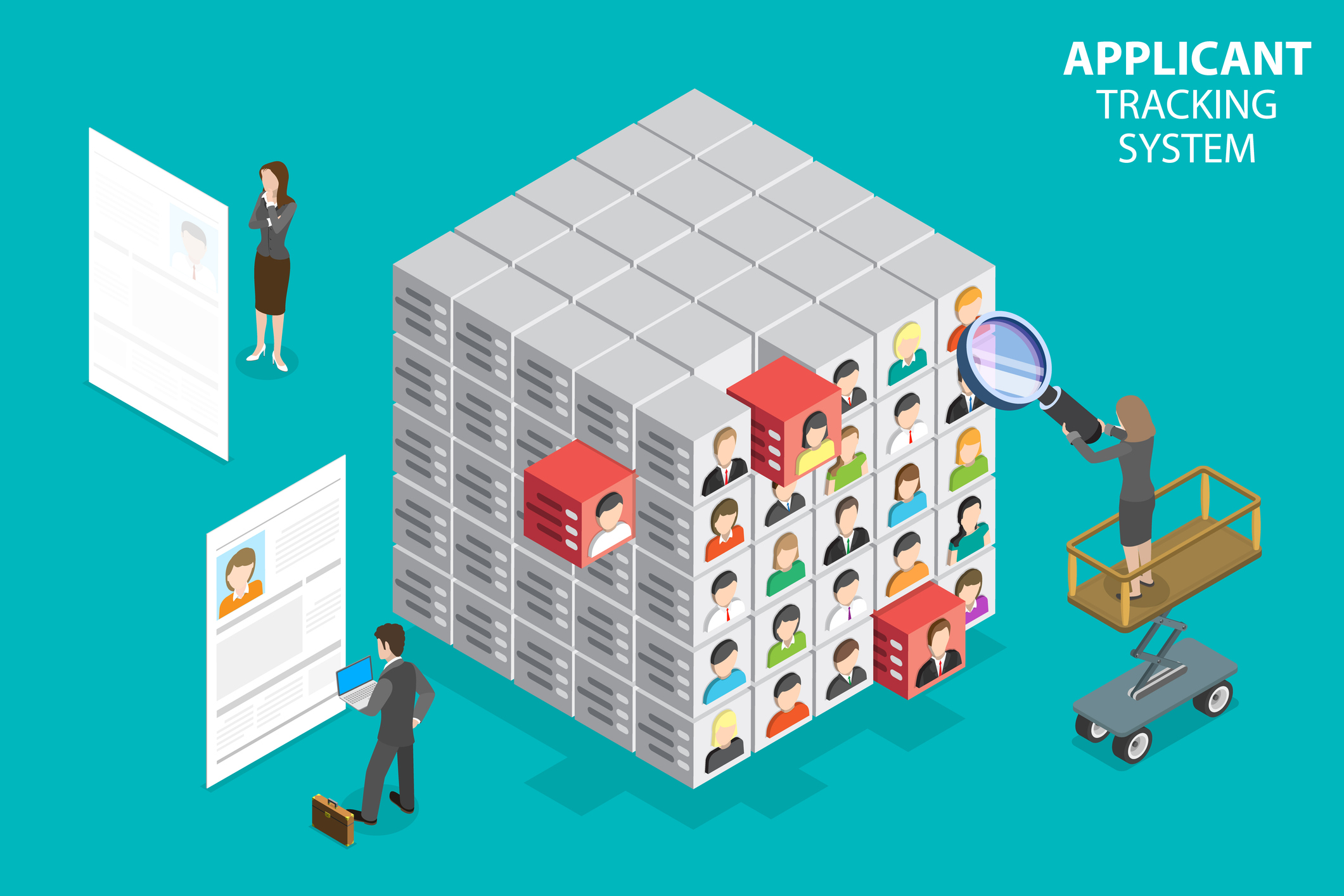
AI is a very hot topic, and everyone is looking to use it to automate their processes and increase efficiency, ideally without compromising on the quality of the service they provide. None more so than the recruitment industry, where AI has had, and will continue to have, a massive impact.
As a candidate, what do you need to know about the use of AI in recruitment?
We recently attended the Recruitment Expo in Birmingham and witnessed the big Recruitech providers talk about how AI is being infused into all the recruitment processes but, from a candidate perspective, the most important interaction you have with any recruitment process AI is when you submit your CV to a job posting. So how does it work?
When you apply for a job online, it’s very likely that an AI will be reviewing your CV primarily by parsing and analysing various sections of the document to assess how well it matches a job description. You may be wondering exactly what ‘parsing’ your CV means?
CV Parsing Explained
CV parsing is the automated process where software, often using AI and Natural Language Processing (NLP), analyses a CV to extract and structure key information for easier screening and sorting. This technology is commonly used in Applicant Tracking System’s (ATS) that help recruiters quickly process large volumes of job applications.
There are 4 steps to the CV Parsing process:
1 – Information Extraction
– The AI scans for personal details like name, contact information, and sometimes location.
– It will also identify key sections (e.g., “Work Experience,” “Education,” “Skills”) to better understand where each piece of information belongs.
2 – Data Structuring
– The parsed information is structured into fields that make it easier to view and compare across applicants. For example, “Job Title,” “Company,” “Dates of Employment,” “Degree,” are all typically parsed fields.
– This structuring allows recruiters to filter, or search based on specific criteria, such as years of experience, relevant skills, or education level.
3 – Keyword Matching and Ranking
– Many systems use keyword matching to compare the content of the CV against the job description. Skills, qualifications, and job specific terms are identified and used to assess how closely the CV matches the job requirements.
– Some advanced systems also use ranking algorithms to assign a score to the CV based on relevance, making it easier for recruiters to identify top candidates, as the higher the %, the better (the AI has said) they match.
4 – Contextual Understanding
– Some parsing tools use NLP to better understand the context of phrases and terms. For instance, they may differentiate between a candidate who “managed a team” versus one who “supported a team”, assigning different values to these levels of involvement.
Does 365Jobs Use CV Parsing?
At 365Jobs, we offer our clients an Auto-Shortlist function when posting their jobs through our website but, rather than use CV Parsing for this analysis, it searches CVs for specific keywords that have been provided by the client themselves.
For example, when looking for a Software Engineer – there can be a number of specific coding languages that the client is working with. They may, if using Microsoft as their main software development partner, need a Software Engineer to have experience that specifically relates to a Microsoft stack of application. So, they may enter keywords like SQL; Azure; SQL Server; Angular; RxJS; NgRx; and C#. The Auto-Shortlist function will then review every CV that comes through against those criteria and where there is a 100% match, automatically shortlist that candidate.
So, for any candidates who want to improve their chances of being selected for a job posted by 365Jobs, they should look to tailor their CV to include the key skills (if they possess them) from the job specification prior to applying.
Why is understanding the CV Parsing Process important for a candidate?
When you understand how the CV parsing process works and how it analyses your CV, you can better prepare your CV to match the jobs you’re applying for!
You can see how we work at 365Jobs but for tips on how to do this more generically, keep an eye out for our next two blogs which will explain “How does an AI screen my CV?” and a follow up one which will explain “How to Optimise your CV for AI Screening” – enjoy!



